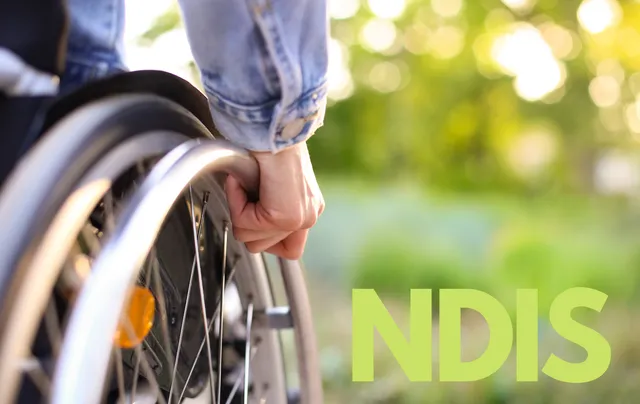
What Kind of Disabilities Does The NDIS Cover
The National Disability Insurance Scheme (NDIS) is an initiative by the government that aims to offer assistance and services to individuals who have disabilities. Its primary goal is to ensure that people with disabilities have access to the resources and funding for leading fulfilling lives. In this guide, we will delve into the types of disabilities covered by the NDIS, shedding light on the range of support available.
1. Physical Disabilities
The NDIS encompasses a spectrum of disabilities. This includes conditions such as palsy, muscular dystrophy, spinal cord injuries, amputations and multiple sclerosis. The scheme recognises that these conditions can significantly impact an individual’s mobility, fine motor skills, coordination and overall physical functioning. As part of their plan under the NDIS, individuals with disabilities can receive forms of support such as specialised equipment (e.g., wheelchairs), home modifications for accessibility purposes, personal care assistance and therapy services. For intance, if you are looking for NDIS in Dandenong, make sure to connect with nearby service providers to understand what disabilities they cover and how they can help.
2. Intellectual Disabilities
Regarding disabilities, the NDIS provides support for individuals who have been diagnosed with conditions like Down Syndrome, Autism Spectrum Disorder (ASD) and intellectual developmental disorders. These types of disabilities often affect abilities, learning capacity, communication skills and social interactions in individuals.
Thanks to the funding from NDIS, individuals with disabilities can receive support in areas tailored to their specific needs. This includes therapy, which helps them develop skills in behaviour intervention programs aimed at supporting their learning and growth. It also offers Supported Independent Living Services (SIL) for assistance with daily tasks and specialised speech pathology.
3. Sensory Disabilities
NDIS recognises the challenges faced by individuals with disabilities such as blindness or vision impairments as well as deafness or hearing impairments. Visual impairments can range from loss of vision to blindness caused by conditions like macular degeneration or glaucoma. Hearing impairments encompass levels of deafness or difficulty in hearing sounds. Under NDIS, individuals with disabilities have access to support services like mobility training, aids for vision or hearing assistance, sign language interpreter services and communication technology aids.
4. Psychosocial Disabilities
NDIS also covers disabilities related to health conditions that significantly impact an individual’s daily functioning and quality of life. Conditions like disorder, schizophrenia, depression and anxiety disorders fall under this category. Support provided by NDIS for disabilities includes access to psychological therapy services, counselling services, peer support groups and psychiatric assessment services under a plan developed in collaboration with a mental health professional.
5. Neurological Disabilities
The NDIS acknowledges that neurological disabilities can have an impact on an individual’s independence and overall well-being. Conditions like Acquired Brain Injuries (ABI), epilepsy, Parkinson’s disease and multiple sclerosis are included in this category. The support available through the NDIS for disabilities includes rehabilitation services such as physiotherapy or occupational therapy to restore functionality of specialised developmental therapies for children, assistive technology devices tailored to their needs and home modifications for improved accessibility.
6. Developmental Disabilities
The NDIS also provides assistance to individuals with disabilities that affect their social and emotional development. Conditions such as disability autism spectrum disorder (ASD) and attention-deficit/hyperactivity disorder (ADHD) fall under this category. The NDIS supports individuals with disabilities by offering early intervention therapies for children’s behaviour support plans, specialised educational services, and respite care options for families and caregivers.
Conclusion
The National Disability Insurance Scheme encompasses a range of disabilities across intellectual, sensory, psychosocial and neurological domains. Its objective is to ensure that people living with these conditions receive support that enables them to lead fulfilling lives within their communities.
To fully grasp the types of disabilities that fall under the scope of the NDIS, it becomes possible to access its range of resources and develop a customised plan that caters to your unique requirements or those of your loved ones. It’s important to keep in mind that whether you’re dealing with limitations that affect mobility or daily activities or diverse neurological disorders impacting cognition or mental health challenges, the NDIS serves as an avenue for support and aid to improve one’s quality of life.
